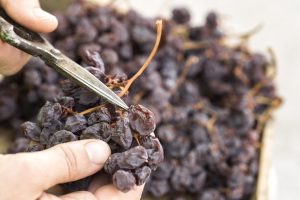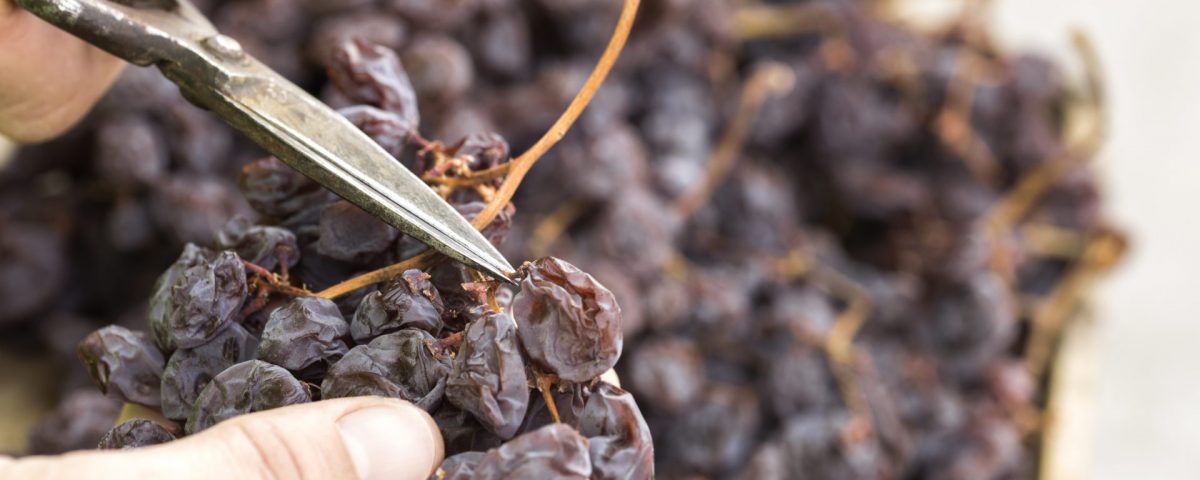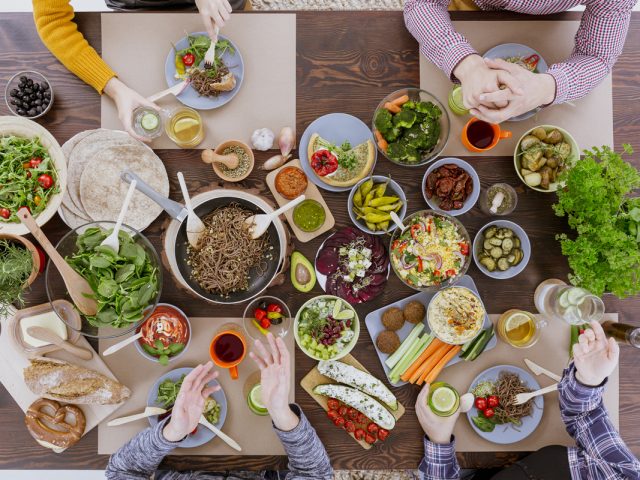- Have any questions?
- +34 951 273 575
- info@diningsecretsofandalucia.com

Claro Beach Club, one of the coolest spots to head for on Estepona’s coast
10 May, 2018
How to chill your wine in just THREE minutes
16 May, 2018
The unique agricultural process that sees Moscatel grapes grown on steep slopes, before being dried and sometimes turned into wine, has been recognised by the United Nations.
A committee formed to support international agriculture methods has now awarded the 2000 family growers of the region with a special status.
The sun-dried raisins have been produced around villages, including El Borge, Cutar and Almachar, for centuries.
Now a meeting of the Food and Agricultural Organization (FAO) in Rome, has confirmed the importance of this method to the local economy.
Awarding it as a so-called SIPAM, or system for the Promotion of Aquaculture in the Mediterranean, local growers are now set to capitalise by setting up a foundation to promote it.
The news comes as a UN study showed that food products linked to their place of origin are economically and socially beneficial to rural areas and promote sustainable development.
Food products registered with a Geographical Indication (GI) label boast an annual trade value of over €50 billion worldwide.
The study looked at nine specific foods, including Manchego cheese, in Castilla la Mancha, Taliouine saffron in Morocco and Tête de Moine cheese in Switzerland.
In all nine cases, the price of the final product, went up by between 20% and 50% when they had GI status.
One reason is that consumers identify unique characteristics – such as taste, colour, texture and quality – in GI products, and are willing to pay higher prices.
“Geographical indications can be a pathway to sustainable development for rural communities,” said Emmanuel Hidier, Senior Economist at the FAO.




